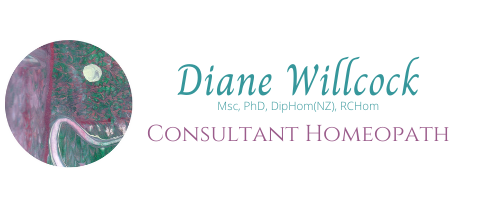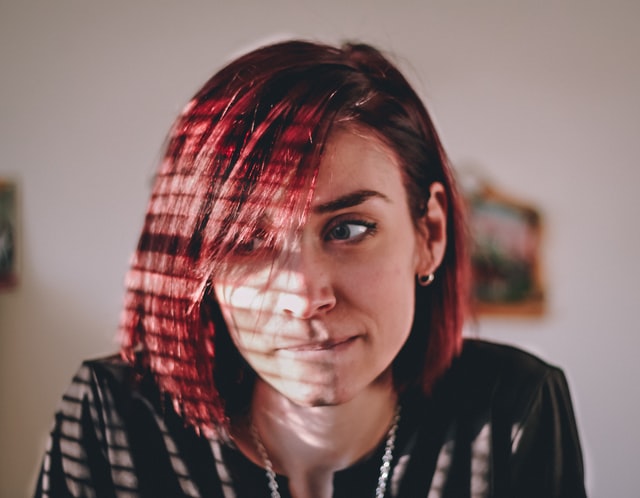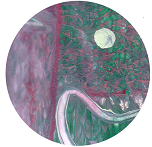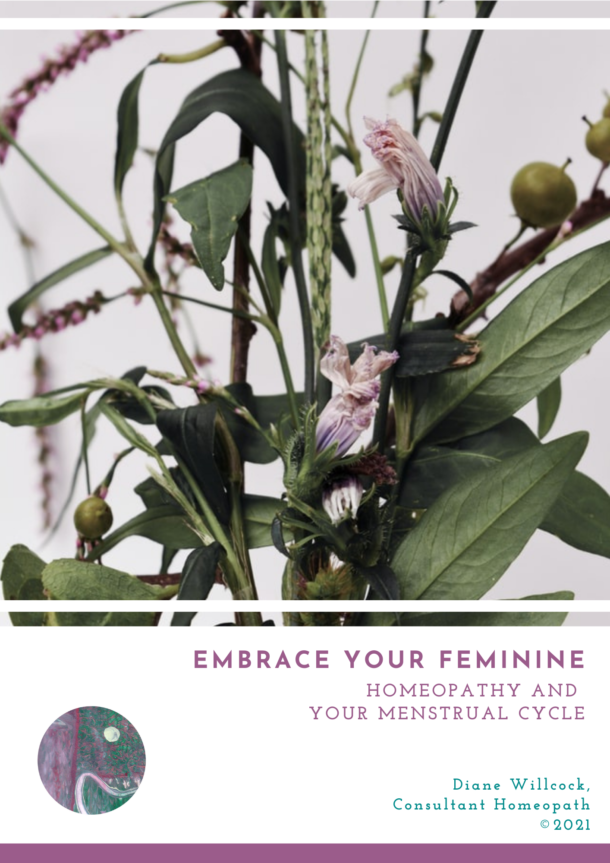Why is it not a public health crisis that up 80% of women (depending which estimate you look at) suffer from pre-menstrual pain and/or emotional distress?
Maybe it doesn’t need to be. Maybe there is a solution.
Let’s look at problem and what can be done about it.
Pre Menstrual Syndrome
Most women have some symptoms prior to their period. For many these are minor and do not interfere with her life. For other women the lead up to her period can be challenging. Women in these circumstances are said to have Premenstrual syndrome (PMS). PMS refers to the emotional and physical symptoms that regularly occur in the week or two leading up to a woman’s period. These usually disappear when the period starts or soon after.
PMS has numerous possible symptoms – physical, emotional or behavioural – including
- mood swings
- tender breasts
- food cravings – desire for sweets or chocolate
- alcohol intolerance
- fluid retention & weight gain
- bloating
- headache
- joint pain
- muscle aches
- pimples
- sore eyes
- constipation or diarrhea
- vomiting
- fatigue
- anxiety or tension
- irritability
- depression
- tearfulness
- social withdrawal
- insomnia
- anger
- aversion to other people, desire to be alone
- forgetfulness
- brain fog
Pre-Menstrual Dysphorc Disorder
Pre-Menstrual Dysphoric Disorder, PMDD, which presents as extreme PMS, is listed in the Diagnostic and Statistical Manual, the DSM-5 as a distinct mental disorder. It may be a hormonal problem with psychological expressions. Or it may be that the hormonal changes aggravate an underlying condition.
PMDD affects between 3% and 8% of women.
A woman with PMDD experiences extreme depression, irritability, anxiety or anger in the two weeks before her period. This is far more severe than the mood swings and general crankiness that women might experience with PMS. Women with PMDD cannot function in everyday life and are at risk of harming themselves or others during this period of hormonal imbalance.
PMDD will be discussed in another blog.
Help for PMS
Any lifestyle changes that improve general health may help PMS to a certain degree.
- Avoid refined sugar, saturated and trans fats – greasy takeaway food, processed meat, margarine, energy drinks
- Add Black Strap Molasses (organic, unsulphured) – it is said to reduce sugar-carvings and contains many important minerals for women (such as iron and calcium and trace nutrients)
- Avoid caffeine and alcohol; drink plenty of water (with a squeeze of lemon juice for flavour or a herbal tea instead)
- Avoid food high in salt; use sea salt or pink Himalayan salt instead of refined salt
- Eat plenty of fresh fruit and vegetables from across the colour spectrum
- Eat plenty of whole foods including nuts and seeds
- Include healthy fats such as Olive oil, Coconut oil, Hemp seed oil, oily fish
- Moderate consumption of animal products
- Eat organic produce if possible
- Include fermented food in your diet – Kimchi, Sauerkraut, Kefir, Kombucha, Miso etc
-
Reduce exposure to environmental toxins – for example in cleaning products, garden chemicals
-
Switch to non-toxic feminine hygiene products or use a menstrual cup
-
Reduce exposure to EMF radiation (cell phones, WiFi etc)
-
Switch to natural skincare and cosmetic products
-
Exercise: Walk, run, workout, dance, play sport, stand-like-a-tree … at least 5 times a week But not so much that your body has no resources for anything else
-
Spend time in nature – preferably barefoot; sunglasses off sometimes
- Cultivate joy & laughter in your life,; reduce the stress
Women experiencing PMS may consider using hormonal contraceptives as a solution. This should give some welcome relief. However, contraceptives completely suppress the menstrual cycle which deprives the woman from the myriad benefits of healthy hormonal cycling – more about why we need periods
Homeopathy
Homeopathy, a patient-centred approach to medicine based on the Law of Similars has a 200 year old clinical history of helping women with menstrual problems. The Materia Medica of homeopathy describes homeopathic remedies in relation to both physical and emotional symptomatology. Thus it is possible to find remedies, for example, for both premenstrual headaches and great tearfulness before menses.
In a paper published in the Journal of Family Planning in 2002, Angela Jones, the author, concludes ‘a recent randomised controlled trial of homeopathic treatment for PMS confirms the clinical experience of homeopathic physicians that homeopathy is helpful in PMS‘.
The following summarised case study from Jones’ paper shows how homeopaths look for particular details in how PMS and symptoms present in the client. The remedy is individualised according those particular symptoms.
CASE:
History: A 42-year-old woman, married with two teenage
children. Presented with increasing mental distress before
periods.
Marked forgetfulness; had driven away from school gate without picking up children on more than one occasion.
Increasing depression and feeling of hopelessness for last 6 months, always relieved within hours of period starting ‘as if a huge weight was being lifted’.
Also physical symptoms,
in particular marked breast tenderness such that had to hold breasts when walking. Had resorted to old-fashioned binding of breasts in order to ease the pain.
Low abdominal pain, alternating sides from month to month (probably ovarian).
Heavy periods, cycle getting shorter (now 22 days).
Had tried progesterone therapy for 6 months with no benefit.
Evening primrose oil improved breast pain by about 25%.
Treatment: Lac caninum given as a daily dose on Days 8, 9
and 10 (short cycle).
Outcome: Great improvement in all aspects after the first month of treatment. Stopped after 3 months.
Recurrence 6 months later, treated straight away.
Symptom-free thereafter for over 12 months.
Stopped evening primrose oil with no ill effects.
Homeopathic Remedies for PMS
With a bit of background knowledge about homeopathy, it is quite safe for women to treat themselves with homeopathy in some acute (i.e. not chronic) situations. PMS is a chronic condition and is thus best addressed by a qualified homeopath. However, home-prescribers may address immediate symptoms for some relief.
The following remedies (in low potency) are some that come up commonly for PMS symptoms – there are many more. Please see a qualified homeopath if in doubt.
Chamomilla
Extremely irritable, rude, short-tempered and angry. No one and nothing can please her. Oversensitive to pain, noise, odours, touch. Painful cramps with cutting pains before the period and feels worse once the period starts. Worse for coffee.
This is also a big remedy for teething children – there are similarities in behaviour!
Lachesis
Sharp-tongued, irritable, jealous, vindictive, suspicious. No desire to mix with the world.
May talk much & with passion.
Abdominal cramps and throbbing headache.
All symptoms better as soon as flow starts. Cannot bear tight-fitting clothing.
Lachesis is made from the venom of the Bushmaster snake. There are other snake remedies that look very similar. If Lachesis seems well-matched but doesn’t work, look at other snake remedies.
Pulsatilla
Cries easily. Feels sad, alone and unloved, better for sympathy and affection.
Pale face, headaches.
Has little or no thirst, feels worse in warm, stuffy room, feels better outside in fresh air.
Pulsatilla, made from the windflower, is an important remedy for times of hormonal change in women.
Sepia
Irritability and sadness with indifference to her loved ones and usual occupations.
Bearing down sensation in genitalia. She may have pimples.
Sepia is made from the ink of the cuttlefish. It is often needed by women who value their independence and privacy.
Bryonia
Excessive heaviness and pain in breasts, worse for slightest movement, she needs to hold them still.
May be irritable if disturbed, wants to be left alone. Dryness and thirsty for large drinks.
Nux vomica
Anxious, excited, irritable, cross. Driven and fault-finding.
Constipation with frequent desire to pass stool but for little or no result.
Lac Caninum
Great tenderness of the breasts, engorged feeling, sensitive to touch (cannot wear a bra) and least jarring – must hold firmly when going up or down stairs; flatus from bowel and vagina; itching of vulva.
WHEN to CONSULT a HOMEOPATH
Self Prescribing vs Working with a Homeopath
A self-prescribed first aid remedy is a remedy chosen to help relieve symptoms of an acute disorder (that is, something that is not chronic) or to gain relief from the immediate symptoms of a chronic disorder.
In the case of an acute situation, if you are otherwise healthy, your own
self healing mechanism will work on correcting the health disturbance and a remedy can help speed the process of healing.
For PMS symptoms that recur every month, one of the remedies listed here may give some relief. If the symptoms are mild, this remedy may give lasting relief.
However in most cases, a more deep acting remedy must be sought to help address the original cause of the illness. A homeopath will work with you to find a constitutional remedy or another appropriate remedy which takes into account the whole of the person’s health not just the presenting symptom.
Learn more about working with a Homeopath
Whatever your health issue may be, it is uniquely yours and the path to wellness is uniquely yours.





